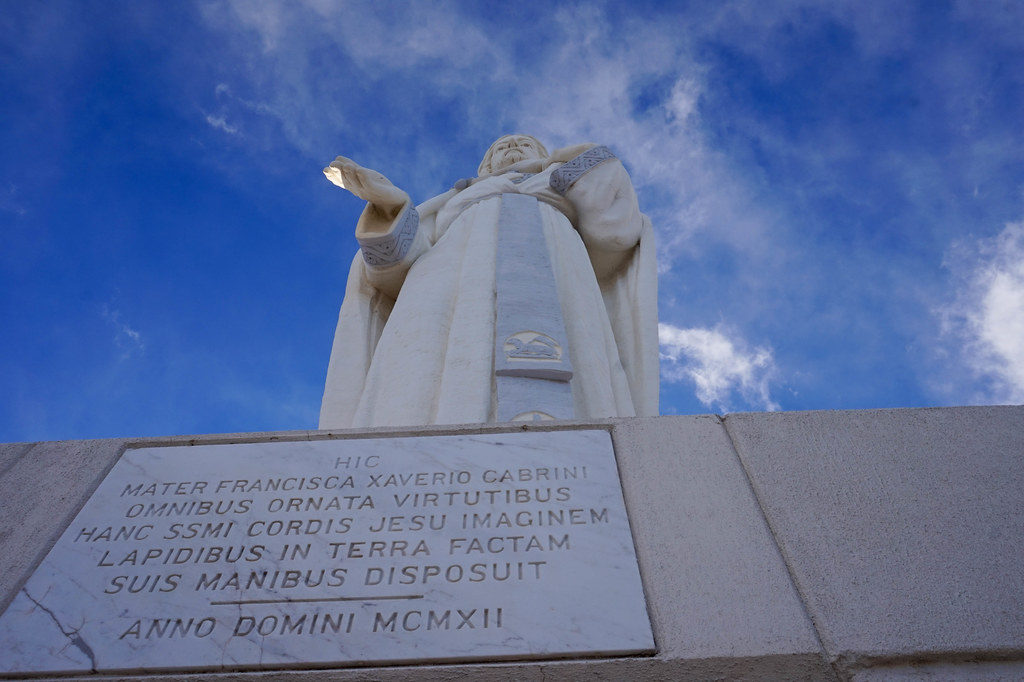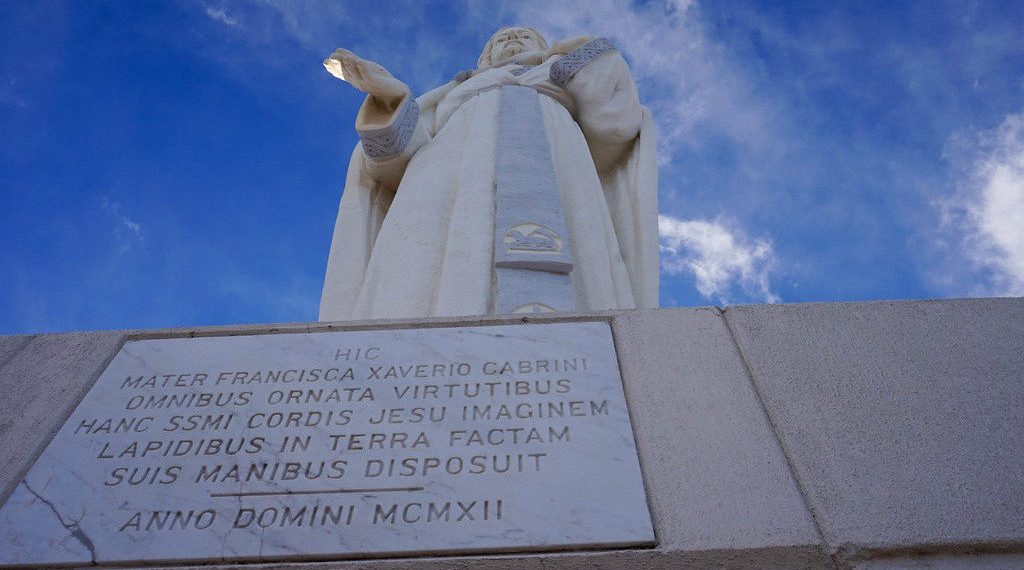Amidst all the upheaval prompted by the COVID pandemic, I missed commenting on the end of Columbus Day in Colorado — the first to make it a state holiday and the latest to abolish it as such.
I spent most of a day at the Capitol last spring lobbying to end Columbus Day. It was my first real foray into the minutiae of state legislative committees and public hearings. I talked to my state senator. Maybe some day I’ll write about that conversation. There was lots of waiting and boredom preceded a half hour of excitement followed by stunned disappointment when the Democrat-majority Senate committee I spent six hours listening to voted unanimously against abolishing Columbus Day and instituting Indigenous Peoples’ Day. I left deflated and disillusioned with a political process that ignored the will of the clear majority of the witnesses at the hearing, in order to satisfy a small, privileged interest group. Apparently, committee members had reached some sort of backroom deal because they deemed the Columbus Day bill less important than others on their docket.
This year’s effort to end Columbus Day took a different tack. Rather than proclaiming Indigenous Peoples’ Day, it proposed instead to honor Frances Xavier Cabrini, a Catholic, Italian-American nun who founded 67 U.S. hospitals, schools and orphanages, including two in Colorado. Cabrini was later canonized and is now seen as the patron saint of immigrants.
This end-around the arguments of pro-Columbus Day organizations like the Knights of Columbus quickly passed the state legislature and received the governor’s signature.
I’m glad Colorado rejected Columbus Day and much prefer Cabrini Day as a paid state holiday on the first Monday of October. I’m very surprised, although maybe I shouldn’t be, that Cabrini Day is the first paid state holiday honoring a woman in the entire United States of America. Why are there not already state holidays for Abigail Adams, Sacagawea, Harriet Tubman, Susan B. Anthony, Dorothy Day, Jane Addams, Dorothy Height, Rosa Parks, or a host of other women worthy of widespread honor and recognition? (Another topic for a future post.)
Still, I lament the way in which Columbus-turned-Cabrini Day downplays the long trauma and suffering of First Nations peoples at the hands of colonizers. The concerns of our indigenous neighbors have filled Columbus Day-related hearings at the State Capitol for years, and yet this legislation about which they have often spoken, does not adequately address or acknowledge their voices.
Like the westward immigrant trails that covered Native lands in the 1800s, they have once again been passed over — this time for an individual who has comparatively few ties to Colorado. I heard a friend of mine from the Southern Arapaho nation say recently that Cabrini Day once again communicates to Native Americans the message that, “We do not care about you.”
Mother Cabrini, as she is popularly known here in Colorado, did great good during her decades of ministry in the United States, but she did so on lands from which indigenous peoples had been lately displaced. She was certainly kinder and gentler than Columbus, but she was still a settler.

Ending Columbus Day was a good thing and long overdue. But I believe we still need an official, statewide holiday recognizing and honoring the contributions of indigenous peoples to our past, present and future. They are still here, and for that reason, we need an Indigenous Peoples’ Day in Colorado.


